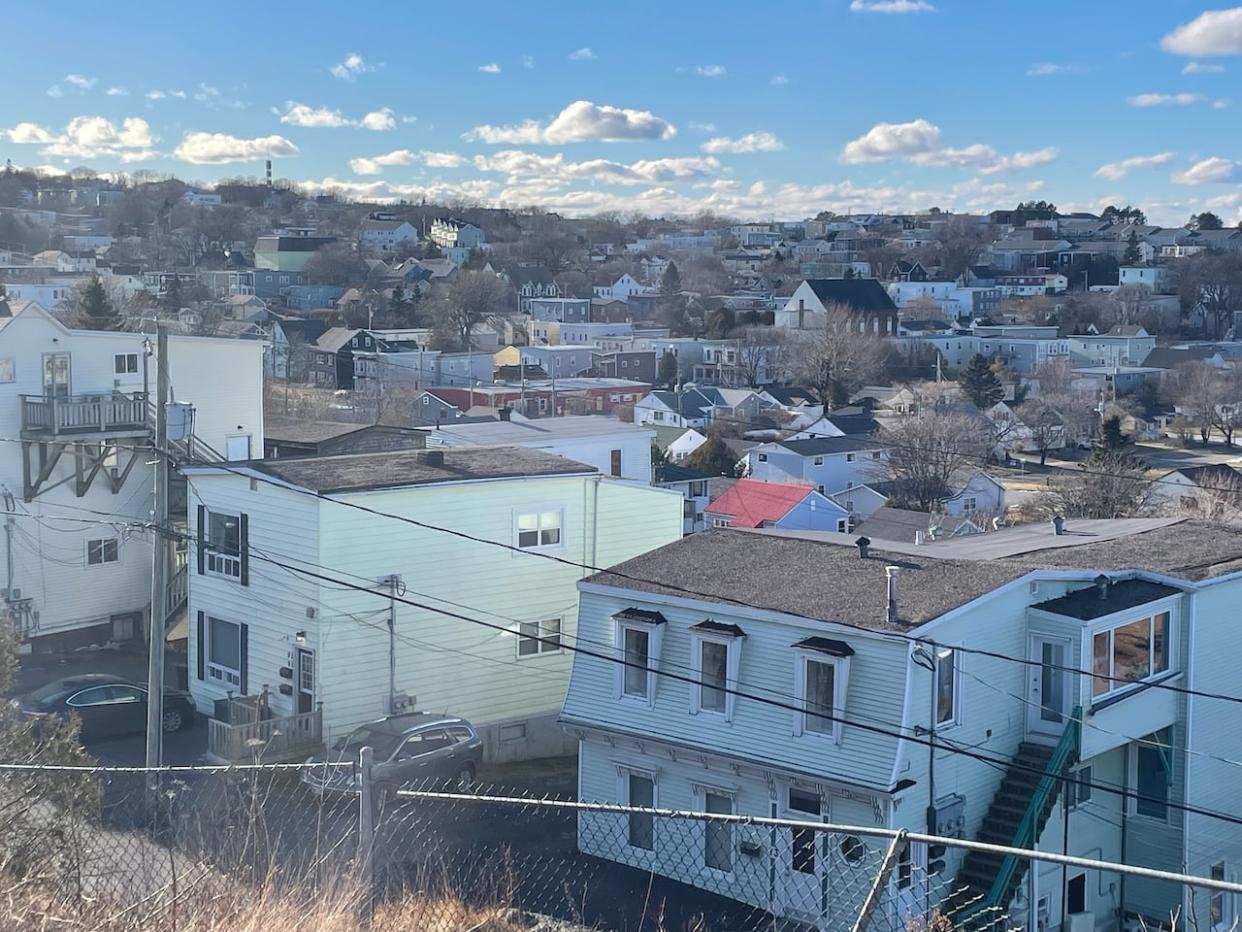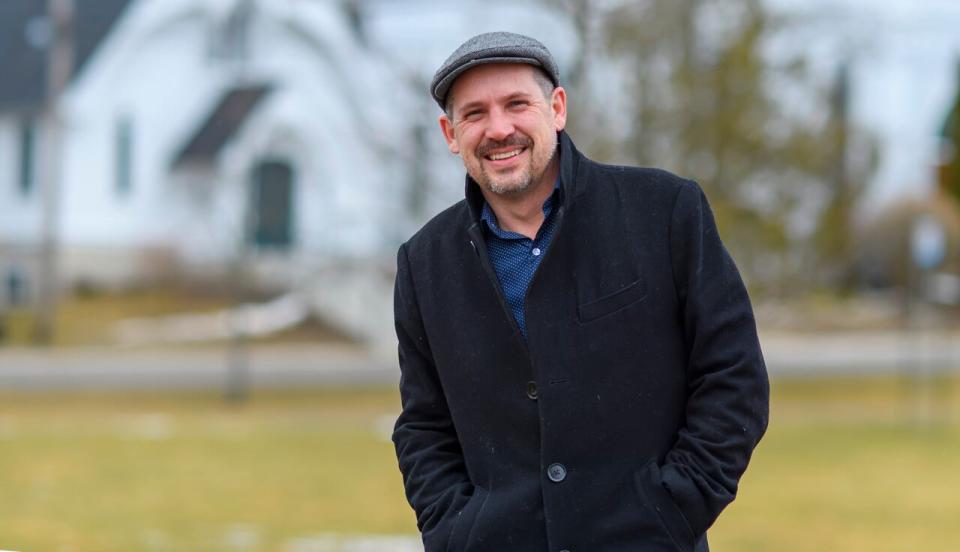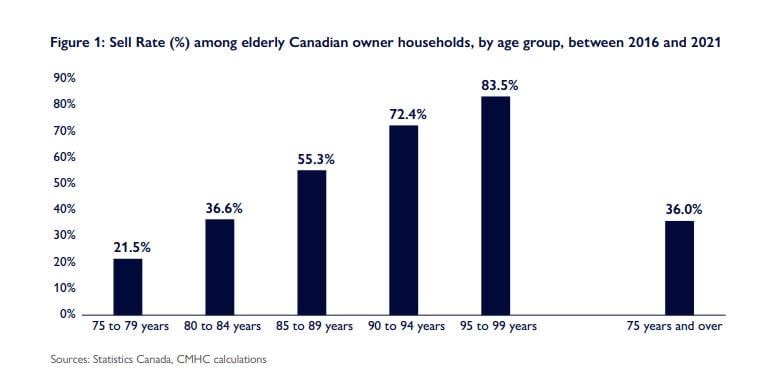N.B. seniors staying put in their homes, affecting housing market for new buyers

Jake Palmer, a realtor in Saint John who has been in the trade for about 15 years, says seniors are increasingly staying longer in their own homes, a recent development has him concerned. But it's not necessarily because they want to.
"There's unfortunately a real trend toward boomer-bashing, where we kind of blame — in my case it's my parents' generation — for holding onto these large homes," Palmer said.
"But in a lot of cases, the options that they have are more limited than just four or five years ago."
Palmer's observation tracks with a study put out by the Canadian Mortgage and Housing Corporation over the winter.

Realtor Jake Palmer said it's important not to blame seniors for staying in their houses longer because they have few options to downsize in a tight market. (Submitted by Jake Palmer)
Francis Cortellino, a senior economist with CMHC and author of the study, said in an interview with Information Morning Moncton that seniors are waiting later and later to sell their homes.
Only about 20 per cent of people aged 75 to 79 are selling up, with most waiting until they're 85, 90, or even 95 to let go of their property, he said.
"So it takes a long time before all those homes come into the market."
Palmer said the reasons can be attributed to better health trends and more wealth, but it's mostly due to the limited housing market.
"So if you want to sell your home, you want to buy a condo or go back to the rental market. You look at the options — there's not a lot, they're quite expensive … so maybe you're going to stay in your homes for much longer."
And when seniors stay in their homes, that makes it challenging for new buyers to enter the market.
"That's going to create an upward trend on prices in the market because there's not going to be many listings," he said.
Seniors eager to move, but can't
Palmer said while the situation is nationwide, it is especially troubling in Saint John because of a lack of condos and smaller bungalows for seniors to move into.
Even new builds are a struggle.
"I've had some instances where people have bought empty lots of land to build their retirement home on and because the cost of construction's gone up so much in the last few years," Palmer said, "they've nixed those plans."

Data from CMHC's study on seniors shows they are selling up later in life. (Housing Market Insight: What do we know about elderly people’s behaviour on the Canadian real estate market?)
In most situations he encounters, Palmer said seniors are eager to move out of larger homes because maintenance is getting to be too much and heating costs are expensive. But with few options to move into, seniors are stuck.
"Right now it's probably one of the biggest logjams that we have in our local market."
But not only are smaller homes and condos hard to find, so are beds in nursing and care homes.
"They're ready to go, and in fact there's a fair bit of motivation and anxiety to get placed somewhere. But in the meantime, they're sitting in homes that I could sell in a week," Palmer said.
Long-term care bed shortage also contributes to problem
Cecile Cassista, executive director of the Coalition for Seniors and Nursing Home Residents' Rights, can't agree more with the need for more nursing home beds.
"It's a very frustrating process I can tell you, there is a waiting list," Cassista said.

Cecile Cassista, executive director, Coalition for Seniors and Nursing Home Residents’ Rights, says waitlists at long-term care homes are also keeping seniors in their own homes. (Submitted by Cecile Cassista)
As of February, there were 949 New Brunswick seniors waiting for a spot in long-term care, 422 of whom are waiting in hospitals, according to data from Cassista's organization.
She said she wants to see more action from the province so seniors aren't "languishing in hospital beds" or waiting at home when they should be in a long-term care home.
"People would love a place in a nursing home or care home, and it's just not available," Cassista said.


